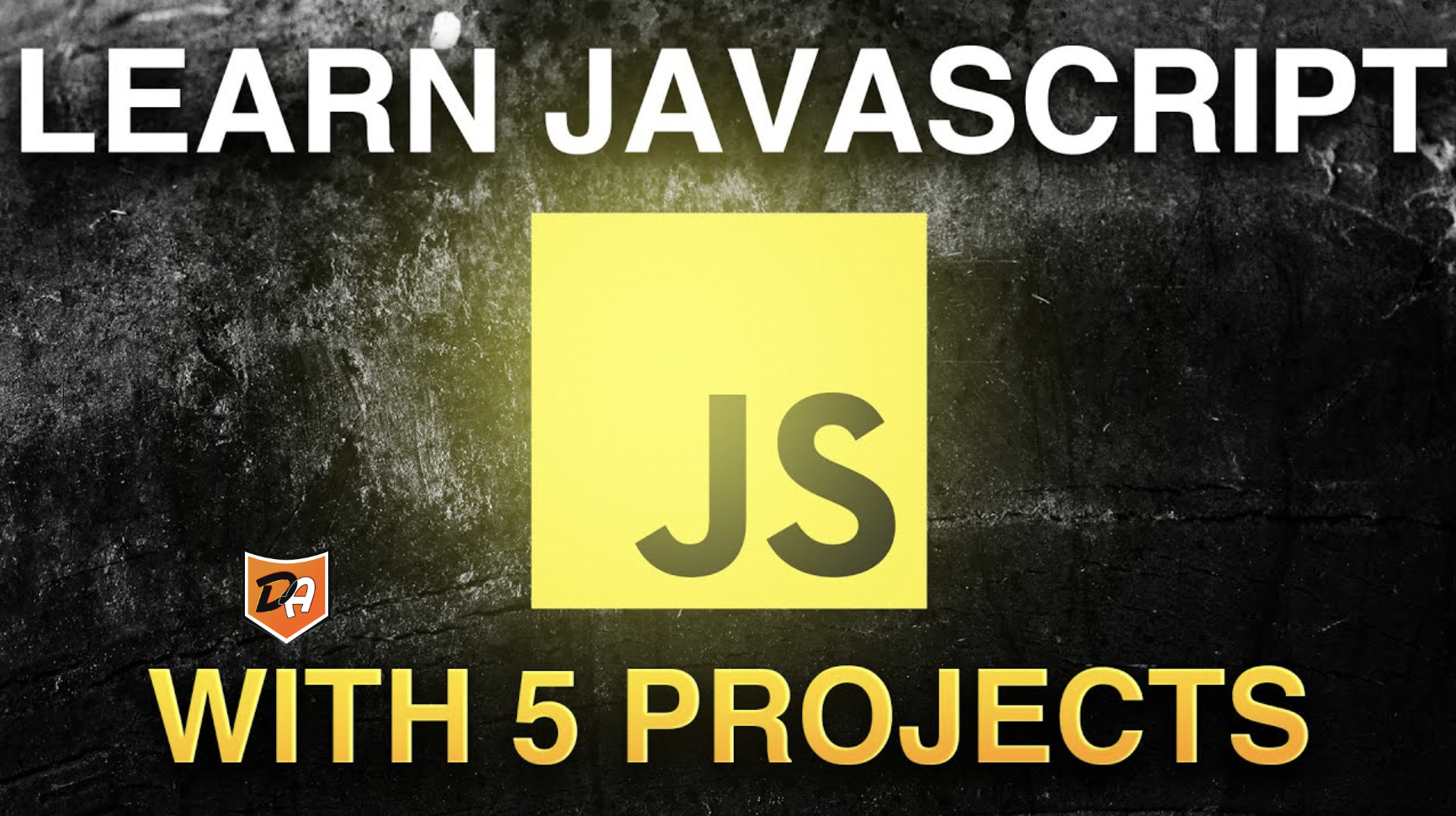Learn JavaScript With These 5 Projects
It is important to establish your system of code when you are going through the practice of software development. You can write and execute code logic using such tools as Visual Studio Code and Node.js. This tutorial guarantees that you are aware of how to set up your environment, and thus coding development is even within reach of those who are just getting started with programming.
Whether it is conditional statements in a Choose Your Own Adventure game or that of arrays and objects in contact management system, these projects show you how to write cleaner code. Through best practice coding, you will eliminate trappings such as nested coding and still have maintainable code that is easy to debug and improve.
-
Spring, Texas
- Added by davieasyo
- $57.69 per hr
davieasyo
Rated: 4 stars
Learn JavaScript With These 5 Projects: https://www.youtube.com/watch?v=kZMwrXyxQYE
Project 1: Collecting user input
This coding game is designed as a text-based narrative in which a user chooses between options ( e.g. left path or right path) by means of conditional statements. It makes the practice of JavaScript basics and familiarization with the organization of the reasoning logic of interactive applications interesting.
One module is the `readline` module (`const readline = require('readline');`), used to capture user input in Node.js, so as to programmatically work with different codes dynamically. This prevents coding errors since the story follows the options that are made by the user but does not involve complicated HTML systems.
Game logic relies on rl.question to ask the users (e.g., "What path to choose?") and use of the if conditions to treat the user inputs (e.g., `if (path === "left")`). The structure is useful in teaching about maintainable code as well as enabling the novice to prevent the complexities of nested coding.
Project 2: Text-based calculator
Calculator Functionality This project develops a calculator of basic operations (add, subtract, multiply and divide), based on conditional statements. It is an effective method of using JavaScript functionalities and training how to process user inputs without errors in codes.
Processing user entry The calculator reads operations and numbers correctly (e.g. `num1 = parseFloat(num1)`) using `rl.question` to ask user questions. This enhances coding assistance methods of verifying inputs and having cleaner code.
Implementing Operations The calculator reads the operation (`if (op === "add")`) and does arithmetic, training code logic used in decision-making. This project assists a novice to prevent bugs by organizing codes in a proper and rational way.
Project 3: Contract Management System CRM
System Overview This system is based on arrays and objects whereby the users can add, search, delete, and view contacts. A software coding exercise, it teaches how to structure the data and prevent the pitfalls in handling it through coding errors.
Menu-Driven Interface Conditional statements are written using `while` loop and `rl.question` constructing a command menu (add, view, search, delete, exit) and perform operations. This framework facilitates the maintenance of codes and minimizes errors during coding development.
Data Management The contacts are stored in an array (`let contacts = []`) and are processed with such methods as `push` and `filter`. The presented project supports best practice in coding by executing solid data operations and evading enemy coding errors.
